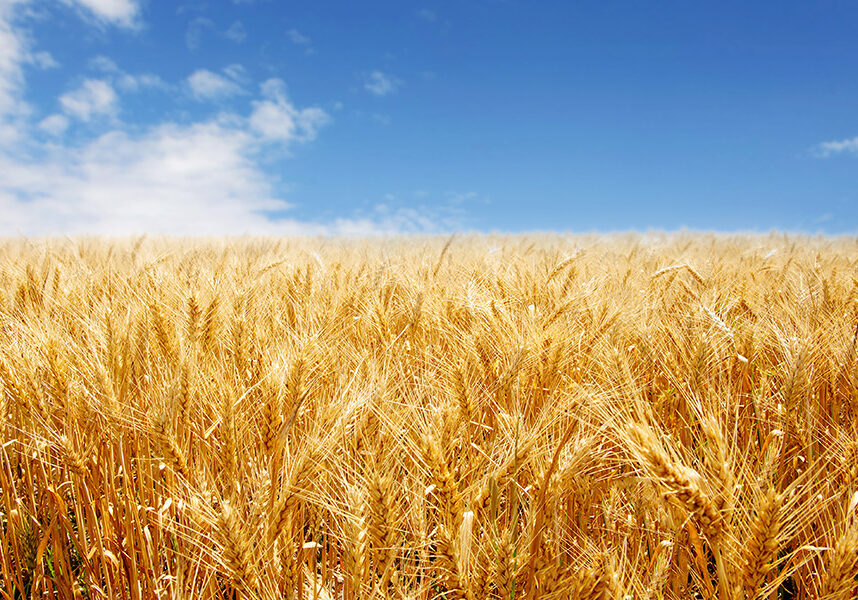Lessons from the great, greasy potato incident of 2003
2023August 2023
By Andy Juris
President, Washington Association of Wheat Growers

Approximately 20 years ago, I erupted through the door of the tiny, one-bedroom apartment my wife and I shared in the first couple months of our marriage. At the time, I was attempting to teach disinterested college seniors the finer points of high-speed aerodynamics in the aftermath of the post 9-11 downturn in the aviation industry. That day, the “kids” had seemed particularly disinterested, and I was in a “mood” as Jen calls it. My wife of two months stood smiling sweetly at the stove making dinner.
“What are you making” I said. “Potatoes,” she replied.
“Well, those look different” I said flatly, making, what I thought, was a purely objective statement. I watched, with an exponential horror, as my wife transformed. With narrowed dark eyes and nostrils flared, she took a step forward.
“Different? Just what is that supposed to mean?” she asked, menacingly.
“Uh, well, they look greasy,” I stammered as I watched her knuckles whiten as she adjusted her grip on the spatula. I took a nervous step backward. And thus began the great greasy potato incident of 2003 where I learned some valuable lessons on communication. And that a spatula can be used as a deadly weapon.
It’s harvest time as I’m writing this, a disappointing harvest for most of us. After a long day of poor yields, equipment issues, and the stress of wondering what the banker might say, I can become “terse” (Jen has another term for it I can’t print). It can be frustrating, then, when people stop to see the combine or ask how the crop is doing. But harvest is one of the few times of year when many folks not associated with agriculture actually take notice of what we’re doing. The rest of the year, it’s worrying about GMOs, glyphosate, or advocating for riparian buffers for those who consider themselves thoughtful of ag. For the rest, it’s the same disinterest shown by my students so many years ago.
It can be maddening, even offensive, to have to engage with folks on issues they clearly know very little about, despite their expert opinions formed by watching Bloomberg or an article shared on Facebook. But in harvest, you see an openness that isn’t necessarily there the rest of the year. There is something about the show and tell of harvest that makes people stop and listen. They get to hear what we went through to seed, fertilize, and protect the crop. It opens the door to discussions of the cost of growing food, of what makes it safe and affordable.
The legislative dam tour the wheat growers will be sponsoring later this month is another great example of being able to showcase the importance of our river system. We can, and often do, go to Olympia and Washington, D.C., to advocate for all of you but there is just something different about getting them on a farm, to visit our dams, and have real conversations based on what they see in front of them.
So, this summer, don’t be cranky, terse, or brusque (I got a dictionary the other day) like me. Let’s take the opportunity to showcase wheat, both good yields and bad. Even though we’re tired and maybe stressed, let’s have the conversations with people when they’re most receptive. Let’s be open and honest, about the good and the bad. You’re the experts in your field (pun intended); let’s show them that.
I smell dinner cooking. Potatoes tonight?












